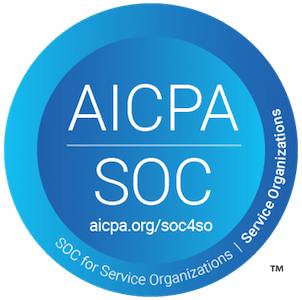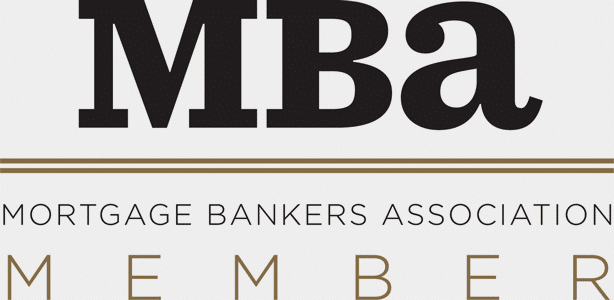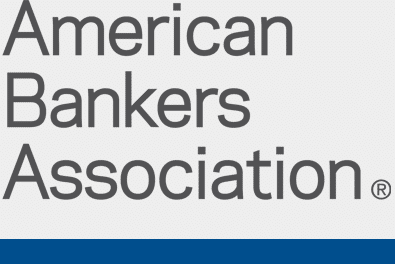Does Your Company Have a Best Practices Plan for Email and Other Electronic Communication?
At ECL Software, we’re in the business of helping those involved in the construction industry better communicate with one another. One thing we’ve noticed over the years is that some individuals mistake more communication for better communication. We’ve seen some interesting things shared over email and wonder if some companies realize what their employees are sharing with non-essential personnel and even clients.
To get everyone in your company on the same page, it’s a good idea to have a best practices plan in place. This lets everyone know what’s expected of them and how they should proceed with communication. We are here to help you better manage construction funds by making it easy for everyone to communicate. That said, we think it’s important for companies to create their own plan for communication.
Get your best practices plan in writing
Every company should have a best practices plan for written document management. This policy shouldn’t be vague and it shouldn’t be assumed. This is a situation in which it’s best to be as clear with employees as possible. Remember that in today’s workforce, there are people who grew up with computers and advanced technology, and those who still struggle with email. The best practices plan should cover all bases.
Discuss what to do with critical project documentation
Every project has its own critical documentation. This can include general correspondence, daily reports, accounting records, meeting minutes, daily logs, submittals, pictures, calendars, schedules, and diaries. There’s often confidential information in these files and as a result they should be carefully electronically filed.
The good news is that we offer software solutions that allow you to assign different levels of permission based on a user’s role within the company. For example, you can set all managers to have access to some documents, while admin users wouldn’t have access to them.
Discuss what to do with non-critical documentation
Of course, not all the documents involved in a project are critical. Consider things like website traffic logs, personal emails, text logs, blog trails, and instant messages. How will you save this? Does it need to be saved? If so, how should it be categorized? These are questions your company should answer and you should commit those answers to writing.
Address the little odds and ends as well
You’ll start with a general best practices plan. It may include information about how and when to log text logs and how and when to do the same with loan documents. But there are other more specific situations that aren’t document specific. Be sure you have clear guidelines for the following:
- Whether or not company email can be used for personal use.
- Document retention.
- Use of profanity.
- How informal employees can be with clients.
This is a starting point. You know your company and you know what other issues may arise and need to be dealt with. The key is to have a policy in place, to make sure everyone knows what it is, and to have a system in place to police that policy.






Recent Comments